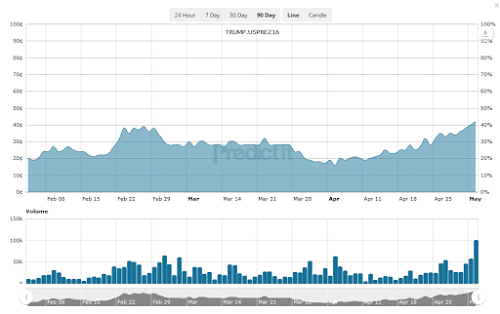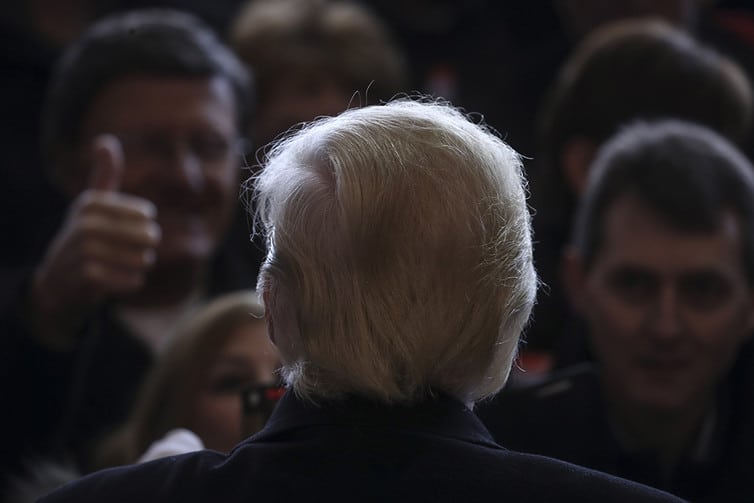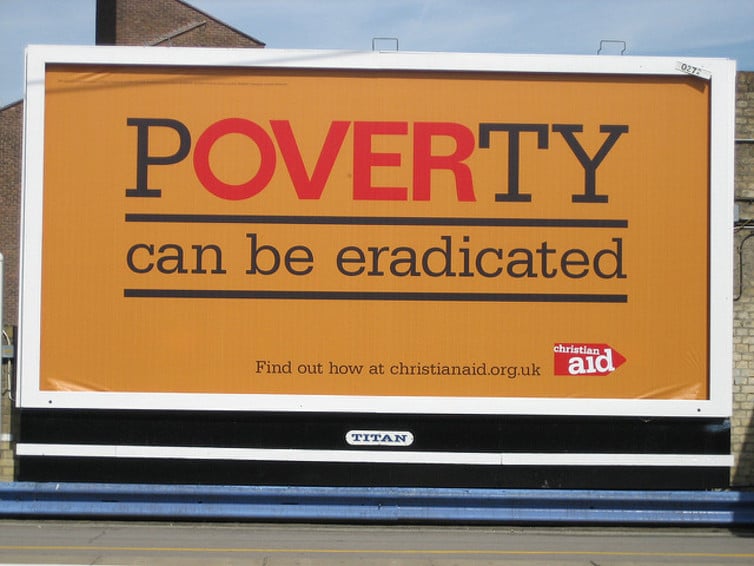‘Dog Whistle’ Smear Attacks Dominating Elections in US and UK
In both the US and the UK, politicians are using racial smears and anti-Muslim rhetoric to try to gain white votes. However, the strategy carries risks in increasingly multi-cultural societies.
Within days of his election last week as London mayor, Sadiq Khan entered into a war of words with Donald Trump over the Republican candidate elect’s decision to ban Muslims from entering the US. Trump had offered to “make an exception for Khan”, who is a devout Muslim, but his offer was rejected.







